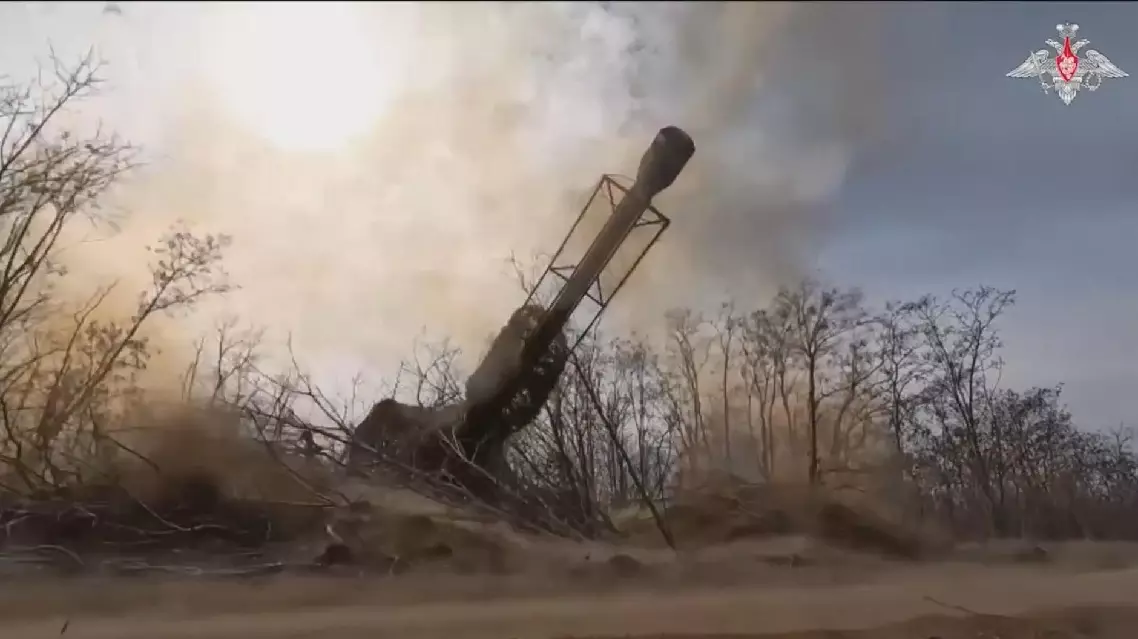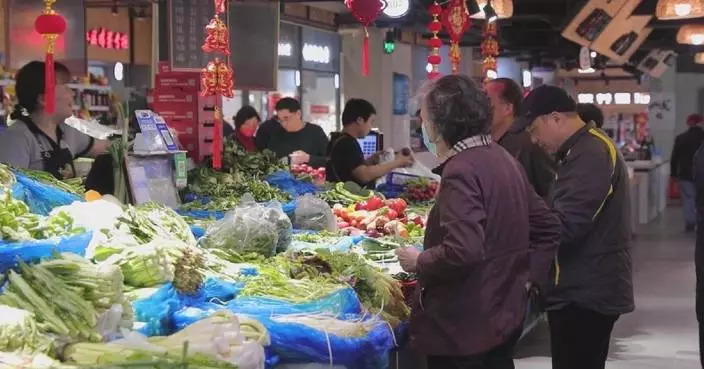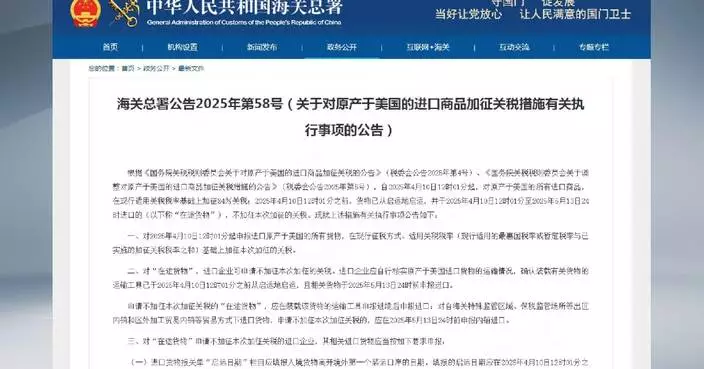A dragon boat race will be held as a demonstration sport at the upcoming Paris 2024 Olympics, said Thomas Konietzko, president of the International Canoe Federation (ICF) recently.
Konietzko has credited the inclusion to collaborative efforts between the ICF and China Media Group (CMG), supported by the International Olympic Committee.
At a launch ceremony of CMG's gala celebrating Dragon Boat Festival held in Beijing on Thursday, Konietzko conveyed his best wishes to the Chinese people via video link and celebrated the global popularity of dragon boat race, as well as the upcoming ICF Dragon Boat World Cup and the first International Super Cup of Canoe and Kayak in China.
The ICF Dragon Boat World Cup is scheduled to take place in Zigui County, central China's Hubei Province in October. Zigui is renowned as the birthplace of Qu Yuan (about 340 BC-278 BC), a loyal statesman and a patriotic poet in Chu, which was a major state in the Warring States Period (475 BC-221 BC). The Dragon Boat Festival is a day to commemorate Qu Yuan. The first International Super Cup of Canoe and Kayak will be held in Hangzhou, east China's Zhejiang Province, in October.
This year's CMG's dragon boat race will kick off in the city of Yancheng, east China's Jiangsu Province, during the Dragon Boat Festival holiday, which runs from June 8 to 10.
As a representative of Chinese culture, the dragon boat race serves as a traditional practice during the Dragon Boat Festival to honor the life and legacy of poet Qu Yuan. This festival falls on the fifth day of the fifth month of the lunar Chinese calendar.

Dragon boat race listed as demonstration sport at Paris Olympics




















































